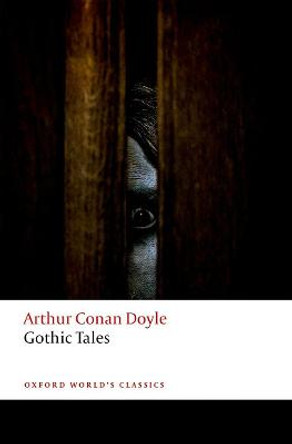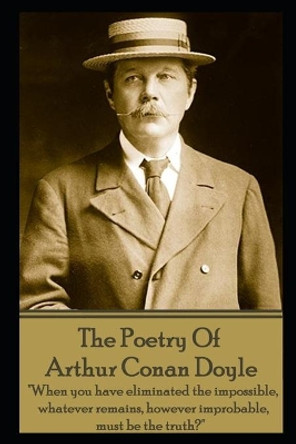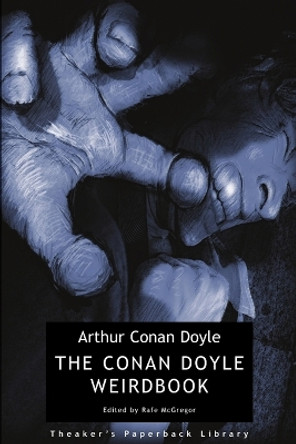Arthur Conan Doyle is often perceived as the quintessential Englishman, patriotically devoted to the Crown and the empire's defender and apologist. But such a relegation is both limiting and simplistic. Born in Scotland to Irish Catholic parents, Doyle's heritage is complex. His paternal grandfather, John Doyle, had originally left Ireland for London in the early 19th century; his father was committed to the cause of Irish separatism; and his uncle resigned from his position as main cartoonist for ^IPunch^R after the journal launched an attack on the Pope. Consequently, British imperialism, Irish nationalism, and Catholic allegiance converge uneasily in his works. This book examines the resulting tensions between imperialism and colonialism in his writings. It argues that his thematic obsessions with topography, race, psyche, and sexuality stem from his ambivalence toward his own heritage. The volume repositions Doyle and redresses current critical approaches that have seen him solely as the advocate of empire and have ignored his colonial background. It explores how his fictions occur within a colonial context, the complexity of which is evident in gothic tropes of shifting landscapes, disguised criminalities, spiritualism, and sexual anomalies and conflicts.
Examines the influences and complexities of a colonial consciousness in the writings of Arthur Conan Doyle.About the AuthorCATHERINE WYNNE is Lecturer in 19th-Century English literature at the University of Hull. Her essays have appeared in such journals as
History of Photography,
Jouvert: A Journal of Postcolonial Studies, and
Victorian Review.
Book InformationISBN 9780313320057
Author Catherine WynneFormat Hardback
Page Count 224
Imprint Praeger Publishers IncPublisher Bloomsbury Publishing Plc
Weight(grams) 482g











